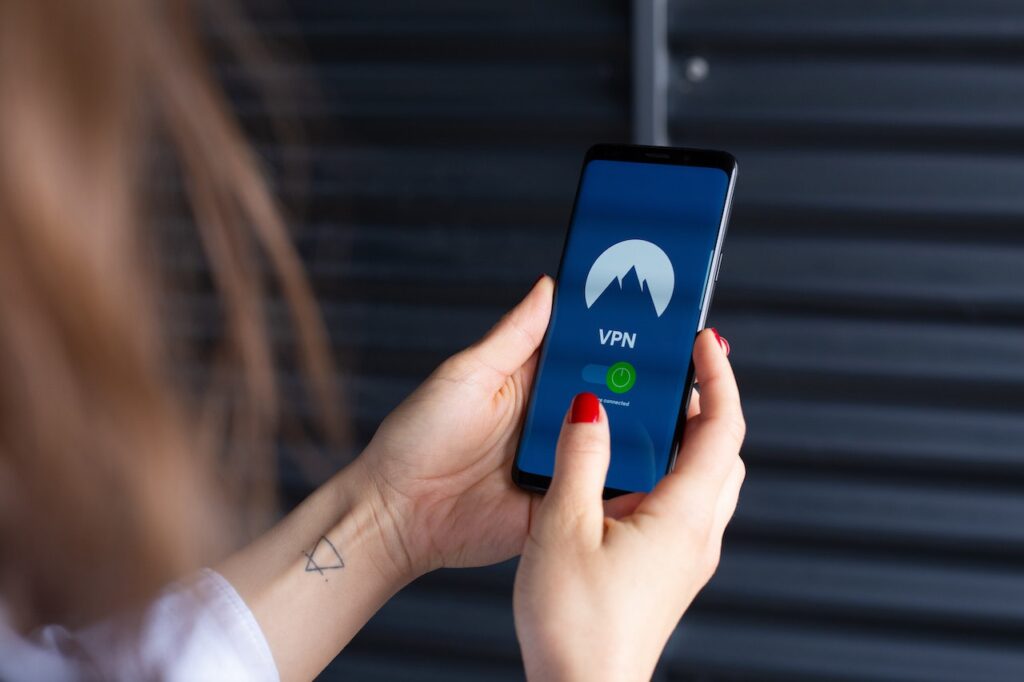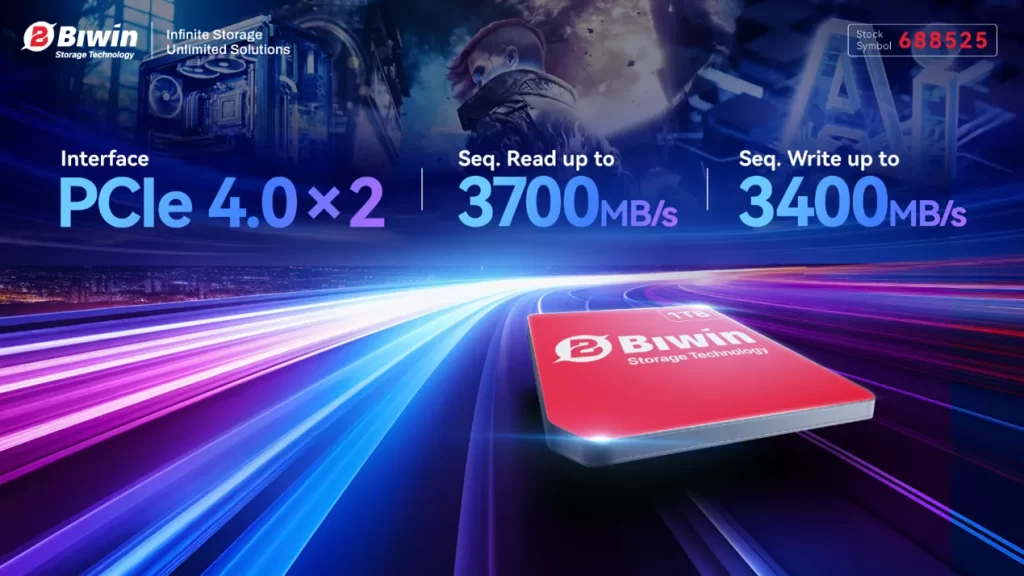Can You Be Tracked With A VPN?

Virtual private networks often get marketed as the key to digital anonymity. But is that really the case? Hackers, internet service providers, employers, or the police might want to know what you’re browsing. Can they peek at the websites you visit, or are you safe? It all boils down to the VPN you use. Let’s get into the details.
Can your employer see what you’re browsing?
It depends. The answer can be yes or no based on one single factor. Are you using a personal or business VPN? If you’re using a personal VPN, your employer won’t track you unless they install a keylogger or monitoring software on your device. But that’s a whole other story.
VPNs work by changing your IP address and encrypting your data traffic. For example, if you’re located in Europe, you can connect to an American server, and every device will believe you’re there. Additionally, data encryption protects everything you do. That means even if someone were to intercept your communication, all they’d see are random numbers, letters, and special characters.
If you’re using a business VPN bought by your employer, they will see what you’re browsing. Even though the main VPN company might have a no-logs policy, the business version probably doesn’t guarantee privacy from employers.
Will your ISP know what websites you visit?
If you’re streaming shows all the time in 4K, you’ve probably experienced bandwidth throttling. That’s when an ISP restricts your internet usage during a high-traffic period. Your videos will start to buffer, or you’ll experience drops in quality. That’s because they know your browsing history, the files you download, and the websites you visit all the time.
When using a VPN, they won’t be able to throttle your bandwidth because they won’t have any of that information. They’ll know you’re using a VPN, but that’s where the spying ends. This brings up an important point. Everyone with the right tools can figure out that you’re using a VPN because most of their server addresses are publicly available. Snoopers have databases that link IP addresses to specific VPN companies, and they can even figure out the type of connection you have.
But the important part to remember is that they won’t see what you’re doing online. A VPN’s job is to hide IPaddresses, and they get their job done.
Can the police monitor your activity?
The evidence points to yes. Internet service providers, cybercriminals, employers, and the police can see the IP address. But that’s all they can have access to. Depending on the provider, they’ll know you’re using a VPN, and that’s where the investigation can end.
There have been several cases where the FBI and the Department of homeland security contacted VPN companies PureVPN and IPVanish to ask for the logs of a suspected stalker and child predator. The providers complied, which led to successful arrests.
Now, these cases are completely justified, but they go against terms of service, including no logs policies. A no-logs approach means the VPN company deletes your browsing data that could be used to compromise your online privacy. This raises the question of what happens to your data the moment you stop browsing.
What do VPN companies do with the data?
Marketing departments must bring in more sales. So, they do what marketers love to do and pull out benefits from a magic hat. That’s why every VPN ad you see comes mentions that the company has a no-logs policy. That was the case for PureVPN and IPVanish. They claimed to have a no-logs policy. Yet, when the FBI knocked on their doors, they surprisingly had the records.
The issue with no logs policies is that it boils down to trust. You have to believe that the company deletes your browsing history. To combat this suspicion, some companies are doing third-party audits.
However, it’s not all bad news. There have been multiple scenarios where governments have come up to VPN companies, and they didn’t have any logs to give. There are some VPNs who put their money where their mouth is and respect their policy.
How to choose the best VPN?
Don’t go for free services. That just doesn’t make sense because all companies have operating costs. If you’re using their service for free, they’re selling your data behind your back. There’s a reason why you pay for privacy. You pay to keep your data secure and anonymous.
Consider choosing a company headquartered in Panama, Switzerland, or the British Virgin Islands. These countries don’t have a legal obligation to share or collect user data with other governments.
Finally, read the privacy policy before you buy. Most companies lie in their ads, but they can’t do so in their privacy policy. You don’t need to go over the whole thing. Instead, focus on the part about which logs they keep on their users. Most people never read terms of service and privacy policies. Spend a few minutes more, and make the correct decision.







1 thought on “Can You Be Tracked With A VPN?”
Comments are closed.